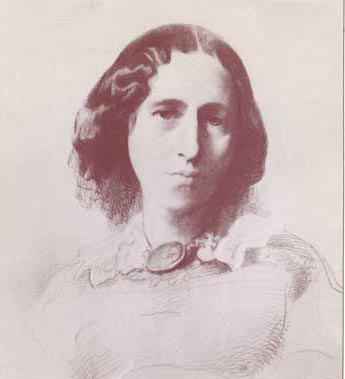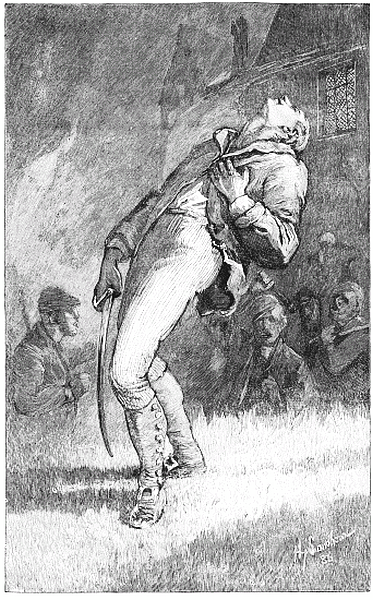This review first appeared in The Ethical Culture Review of Books March 1999 (http://www.ethicalreview.org/articles/felixholt.html ).
Felix Holt: The Radical
George Eliot
Penguin, London 1995.
Paper. 544 pages. $11.95
George Eliot's Felix Holt: The Radical
Reviewed by Meredith Sue Willis
Young Harold Transome returns to England from the colonies with a self-made fortune, then scandalizes his district by running for Parliament as a Radical. In this elaborately plotted and entertaining novel first published in 1866, George Eliot contrasts the opportunism of Transome with the true radicalism of Felix Holt, who fights a lonely battle to educate the working class.
However, while Transome and Holt are the movers of the action, it is the women who are the novel's soul. Like working people, women of all classes are damaged by poor education and thwarted by social limitations. Mrs. Transome, Harold's mother, is handsome, imperious, and weighed down with a secret. Until the moment of Harold's return, she has found some satisfaction in running the family's estate, but Harold immediately takes over all decision making and sets his mother aside in a little drawing room with new clothes and new decorations‒ chosen by him.
Felix Holt's mother is a comic version of Mrs. Transome. Mrs. Holt has earned her living by making and selling patent medicines. Then Felix returns and insists that the medicines do more harm than good. Thus he too denies his mother her life's activity.
The novel's other central character, however, Esther Lyons, has the enormous advantage of being young and beautiful. She has not yet settled on her destiny‒ which, for an Englishwoman of her era means choosing a husband. The choice for the romantic, undereducated, and overrefined Esther is between Felix Holt's hard life among the lower classes and Harold Transome's wealth.
Like Mrs. Transome, Esther has a secret, but Esther's secret elevates her. Perhaps the most interesting aspect of the novel is how this good-humored but frivolous young woman grows serious and thoughtful as she is given opportunity and experience. Late in the novel, she even speaks in a public courtroom to testify in favor of Felix, who has been falsely accused of rioting during the election. Felix Holt has many meandering, exotic pleasures, including the convoluted plot, the wonderful minor characters, and the splendid descriptions of England in the 1830's.
It is a novel that takes some effort to read, but repays the effort with insights that expand our understanding of our own scattered and shattered era.
Meredith Sue Willis's trilogy of novels about coming of age in the nineteen sixties includes Higher Ground, Only Great Changes, and Trespassers.
Subscribe to Meredith Sue Willis's Free Newsletter
for Readers and Writers:
Images and photos found on the various pages of this web site may be used by anyone, but please attribute the source when it is specified.
This work is licensed under Creative Commons Attribution-NonCommercial-ShareAlike 3.0 Unported License.




